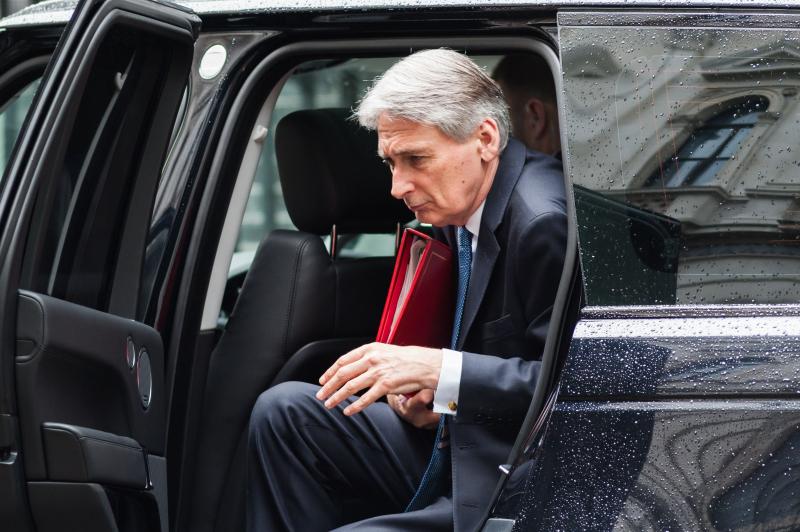
The Treasury has refused to attend a post-Brexit environmental watchdog hearing organised by an influential parliamentary committee.
The Environmental Audit Committee (EAC) wrote to the Chancellor of the Exchequer Philip Hammond on 30 May requesting that he or another Minister gives evidence for an inquiry into the proposal for a new environmental watchdog.
Reports in the media suggest that the Treasury is opposed to giving the new watchdog similar enforcement mechanisms as the European Commission, leading some environmental campaigners to express concern that the watchdog will be “toothless”.
The CLA, a rural organisation representing farmers and landowners, has also criticised the watchdog as "adding confusion and complexity" to environmental policy.
But the EAC has now published a letter in which Mr Hammond declines to attend an evidence session, and further refuses to send another Minister in his place.
Mary Creagh MP, Chair of the Environmental Audit Committee said the EAC is "deeply disappointed" that the Treasury is unwilling to explain their position.
“Without effective enforcement powers, the proposed environmental watchdog will be unable to hold Government to account. The Treasury has voiced opposition to these essential powers, and some Government Ministers are sceptical about protecting the UK’s hard-won environmental standards,” Ms Creagh said.
“Failing to come before the Committee and put their views on record will only fuel concerns that any new watchdog will be toothless.”
The new environmental watchdog will be designed to make sure protections will not be weakened as the UK leaves the EU, the government has previously stated.
The body will provide scrutiny and advice, and would be able to hold government to account on environmental legislation.
However, it has come under attack by the farming industry and green campaigners, fearing that the watchdog could add increased bureaucracy.
